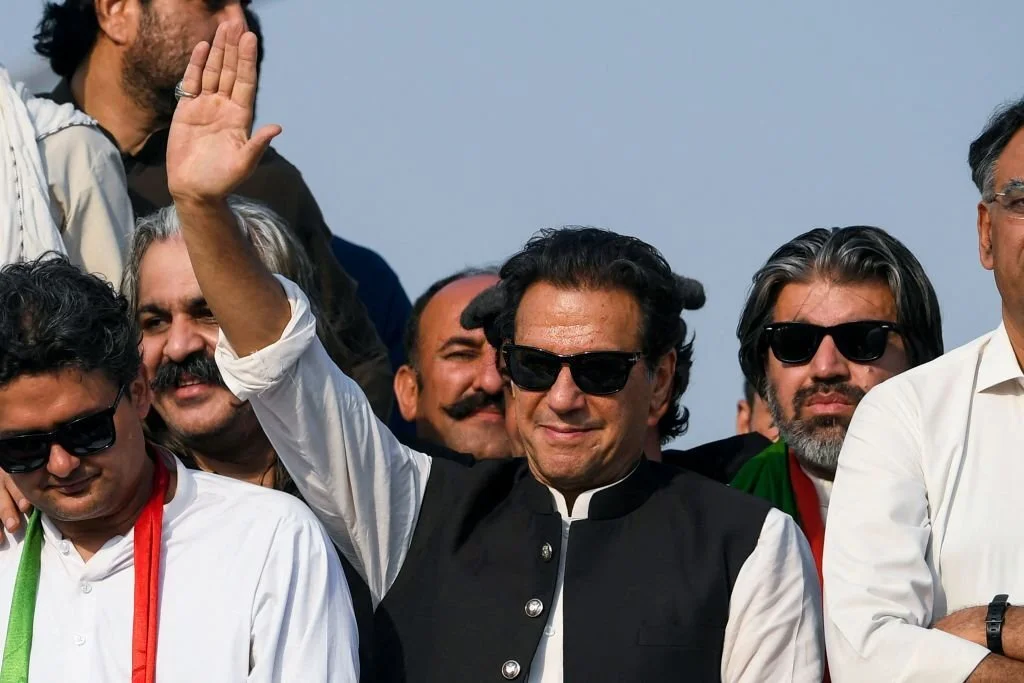The defiant ex-Prime Minister of Pakistan and the leader of Pakistan Tehrik-i-Insaf (PTI), Imran Khan, has given an ultimatum to the government of Pakistan to announce polls in the country in six days’ time, or he will return to the capital city with millions of people for a sit-in that was called off this very morning. He made this call while addressing a rally of his supporters at the Jinnah Avenue of the capital city, Islamabad. “I had decided that I will sit here until the government dissolves assemblies and announces elections, but of what I have seen in the past 24 hours, they (government) are taking the nation towards anarchy,” said Imran Khan while calling off the sit-in and protests.
He and his supporters marched towards the capital with the intention of a sit-in but the march, the Azadi March, had to face a severe crackdown from the police. Owing to the situation that emerged, Imran Khan called off the sit-in and asked his supporters to return. He, himself, travelled from Peshawar to Islamabad while his supporters were coming from many different parts of the country. The government, earlier, announced a ban on the rally from happening in Islamabad and this led to blockades for and crack down on the protesters coming to Islamabad. Tear gas was also used by the police and authorities to scatter the crowds of IK’s supporters.
In April, Imran Khan faced a removal from the PM office owing to a no confidence motion moved by the opposition, which he allegedly called a ‘foreign conspiracy.’ He and his supporters took to streets and many rallies were held in different cities prior to the sit-in call in Islamabad. The political landscape in the country remains uncertain and volatile since the PDM launched a movement to out-turn the former government of PTI. Reactionary politics is outweighing the issues that concern the country on an immediate economic basis, including inflation.






